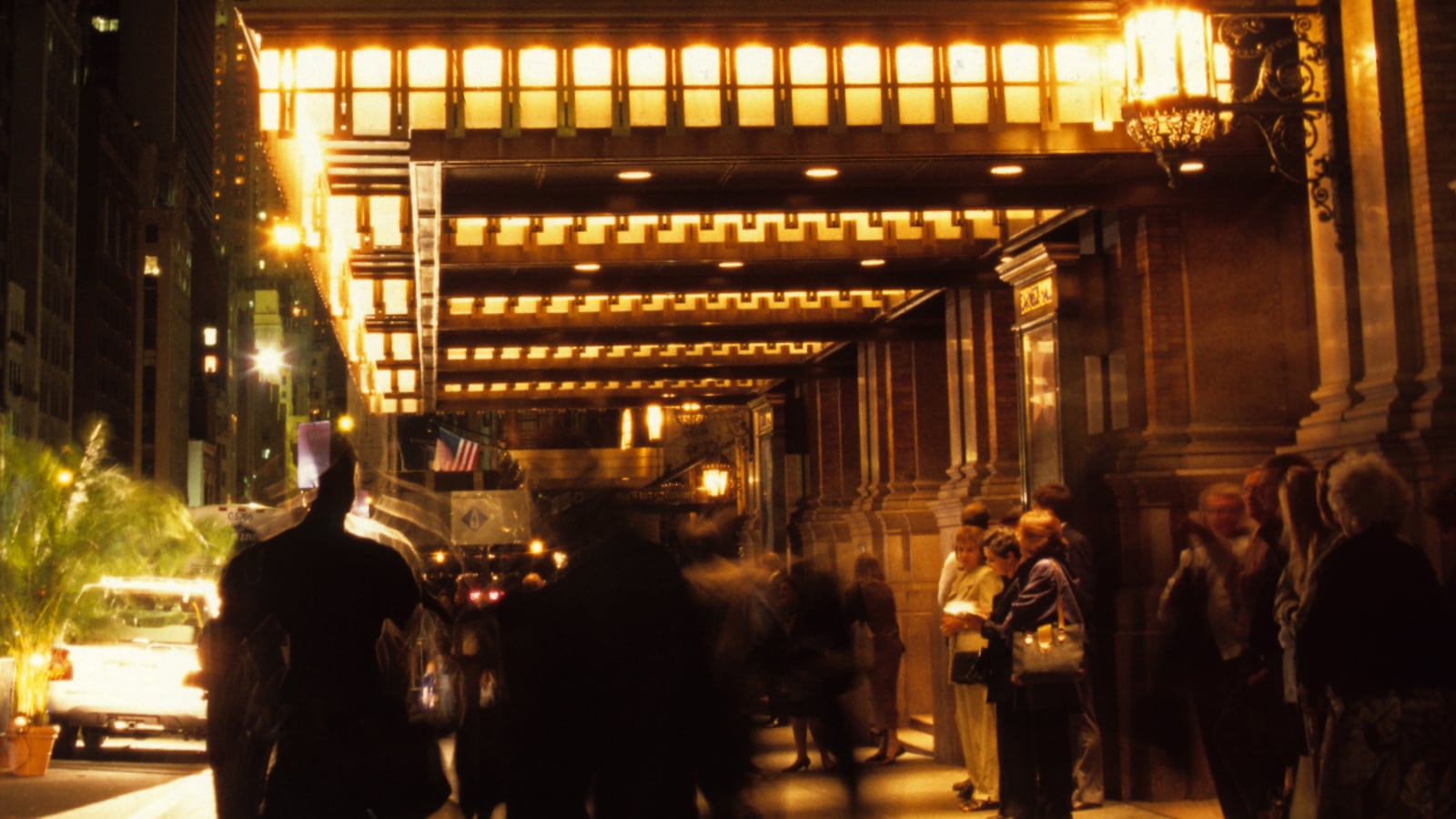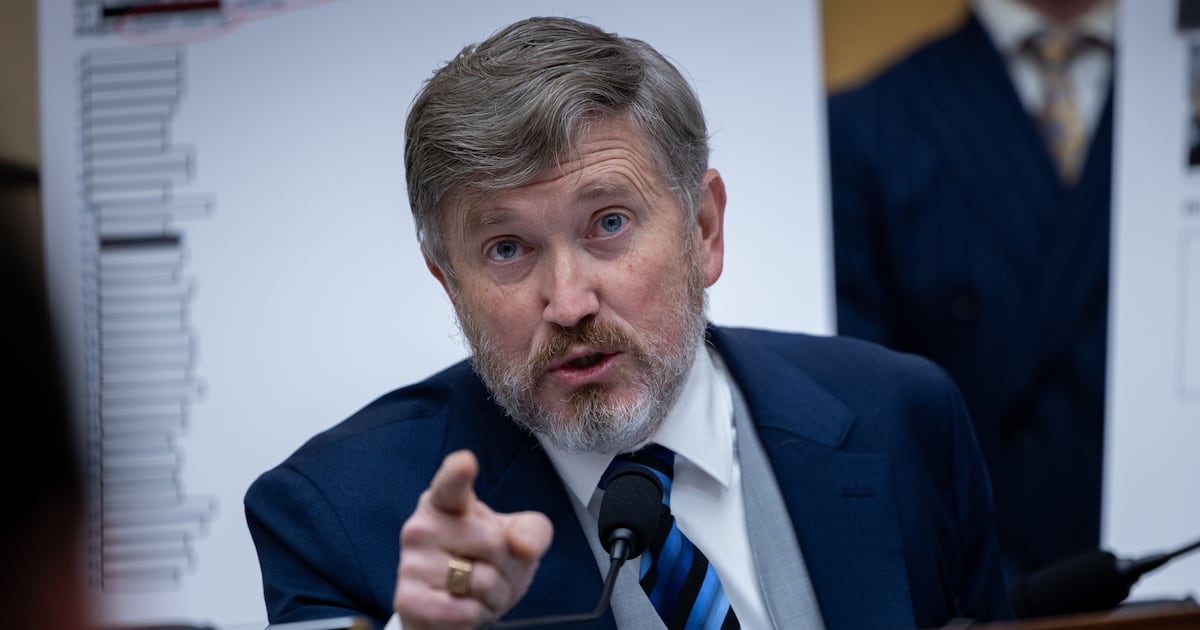It had been a few years since I was in Manhattan. I was walking to the Zabar’s near 81st Street for a baguette when I spotted an older man with white hair. Was it he?
One spring night four years ago my fiancée and I were at Carnegie Hall, listening to the Emerson String Quartet play Beethoven. Just before intermission, she leaned over and whispered in my ear: “The Pynchons are sitting right up there.”
She glanced toward the box seats on the second level of the hall. I tried to follow her gaze to a particular couple, but I saw dozens of elderly people in evening dress. Where was Thomas Pynchon?
Of course this is a question that many of his fans have been asking for close to half a century. The novelist’s extreme reclusiveness has spawned theories, speculations, and hints of far-reaching conspiracy that can be reminiscent of a subplot from one of his novels. At the less plausible end of the spectrum, some claim there is no Thomas Pynchon, just a series of different authors sharing a profitable pen name. Somewhat more believably, others say he mails his finished manuscripts to publishers from different post offices around the country to avoid being traced to a single location.
Before that night, my fiancée had mentioned that she went to middle school with the Pynchons’ son. They sang in the same choir and sometimes she would run into his parents at rehearsals or concerts. At first I was incredulous. Was she sure it was the Thomas Pynchon, the guy no one had seen? Yeah, she saw him after choir sometimes. Everyone said the boy’s father was a famous writer. Did she talk to him, get any novels autographed? She was, she reminded me, only 13.

Her eighth-grade nonchalance was the sort of reaction the novelist William Gaddis might have admired. Trying to understand readers’ mania for meeting authors, Gaddis once asked, “What is there left when he’s done with his work, what’s any artist but the dregs of his work, the human shambles that follows it around?”
Once intermission began, I grabbed my fiancée’s hand. “Let’s go,” I said, “you’ve got to introduce me.” Whatever the wisdom of Gaddis, I was thrilled to be so close to the shambles of Pynchon. We climbed a flight of stairs and suddenly I heard myself being introduced.
As we shook hands, the abstraction of a Great American Author quickly resolved into the details of a particular individual. He was about six feet tall with curly white hair and a nervous habit of swaying slightly as he spoke. He seemed, in fact, to be almost as nervous as I was. I stammered something about admiring his work and the conversation somehow lurched into motion. We talked about books (he’d been re-reading Borges’s short stories) and music (he went to a lot of the jazz concerts at Carnegie). The whole time we spoke I was searching for some Pynchonian essence, some sign that this was the same mind that produced Gravity’s Rainbow and V. But before anything revelatory could emerge, I heard my fiancée telling his wife how it had been great to run into them again and to enjoy the second half of the concert. She told me later that maybe five minutes had passed. It seemed much shorter.
One night a few weeks later we were walking along Riverside Park. I spotted them first. “Look,” I said, “the Pynchons.”
We held a brief whispered conference. Should we talk to them again? We didn’t really have anything to say. Should we follow them, try to hear what they talk about? She thought this was a little weird. It was a little weird, but maybe this time I’d encounter the real Pynchon, the private Pynchon, not the one I’d ambushed into small talk on the mezzanine of Carnegie Hall.
We hovered a dozen feet behind them, straining to overhear without being too obvious about it. I half-expected that even his casual comments would be intricately brilliant. As they walked up a path toward West End Avenue, I mustered the courage to move a few feet closer, within auditory range. The first word I heard him say was “flowers.” And indeed, at the edge of the park, there was a bush with flowers.
It was a clear night with a full moon. A few seconds later he looked up and said, “Nice moon.” They walked in silence until we came to Broadway, where a dozen or so police officers were dispersing a crowd of some sort. He looked at the scene and a grin, almost a smirk, appeared on his face. “Cops,” he said, the tone faintly sardonic. It was a tiny moment, a slight expression, but I sensed a glimmer of the sensibility I knew from his novels.
I’ll admit we followed them all the way home. It was a quiet walk. Sometimes they spoke to each other, but it was too noisy on the streets to overhear much of anything. I was almost ready to follow them into their building, even their apartment, but my fiancée was growing increasingly mortified. So in the end I was left only with a few fragments. From an author of such vast linguistic gifts, sprawling syntax and kaleidoscopic diction, I’d heard a few words that a toddler might have spoken: flowers, nice moon, cops.
I’d seen Pynchon twice in a single month, so I figured we’d cross paths again. Whenever I was on the Upper West Side after that, I looked twice at any older guy with white hair. Eventually we left the city, and I didn’t think about it for a few years. But walking to Zabar’s, I remembered the slight smirk on Pynchon’s face four years before. The guy I’d spotted outside Zabar’s turned around. Like so many others, he wasn’t Thomas Pynchon.
Maybe if I had seen Pynchon again, I could have gotten to the dazzling essence, the inner Pynchon, the true Pynchon! Then again, maybe not: maybe the dregs were just the dregs.






